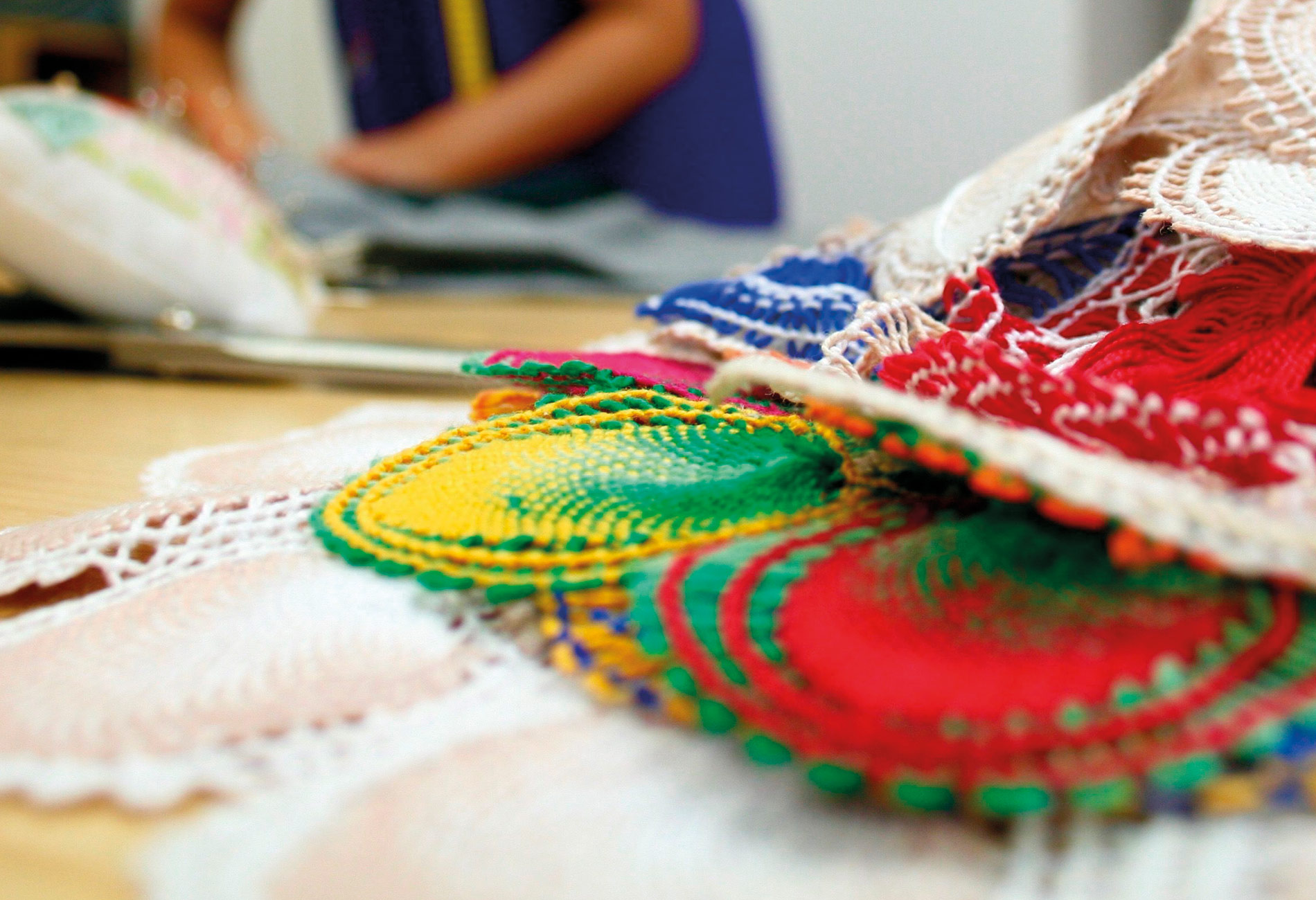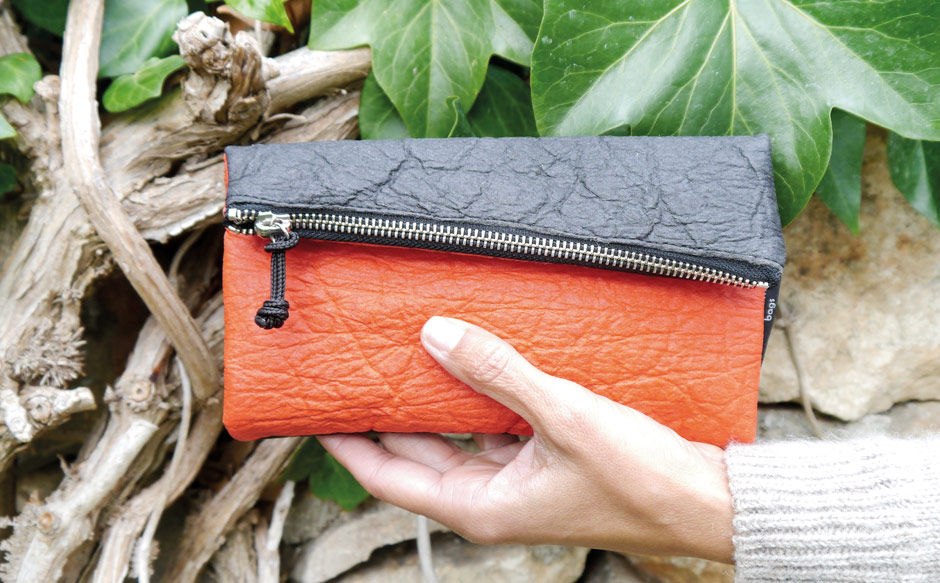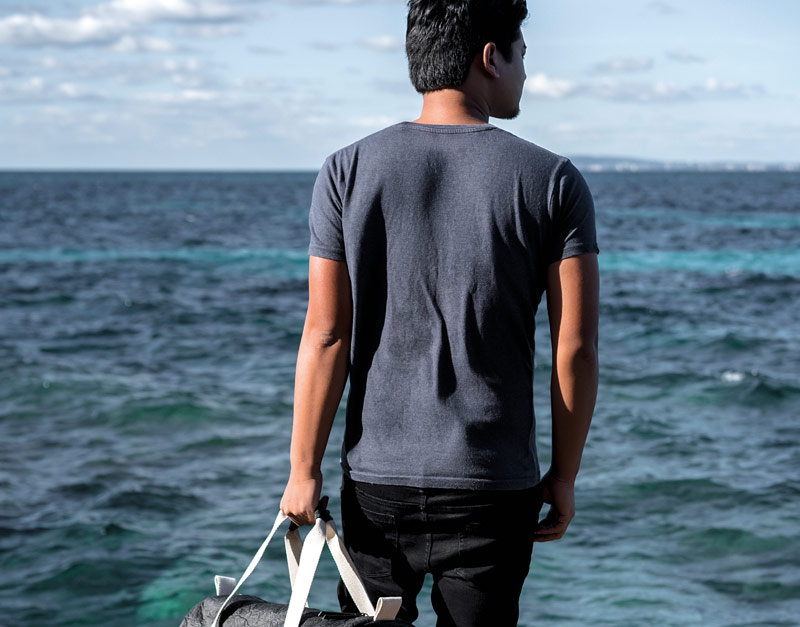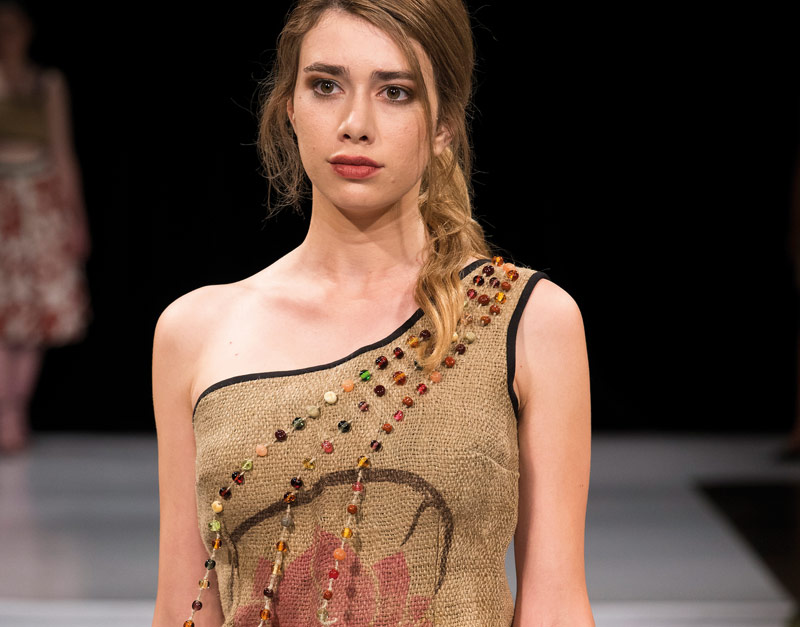The Slow Fashion concept is spreading throughout the world with the commitment to sustainability and social responsibility.
It isn’t a trend: it’s a necessity. Ecological fashion is a response to fast fashion, which accumulated criticism as a polluting industrial model which uses dubious materials and resorts to exploitation of workforces in third-world countries. But there is a worldwide response to this phenomenon: slow fashion, or ethical fashion, a sustainable, aware proposal that is entering our wardrobes. Many designers have decided to take control in order to change the world, stitch by stitch. The aim is to make garments that leave as small a footprint as possible on the planet, and link up to the movement that fosters recycling, Kilometre Zero, veganism or non-polluting transport.
In Spain, several platforms have emerged which promote ethical fashion. One of them is Slow Fashion Next, which asserts that sustainable clothing can be a tool for change. For its part, the Sustainable Fashion Association of Spain (AMSE) brings together companies with a commitment to consumers who come to fashion via ecological consumption. It is one more step on the path to this lifestyle that seeks equilibrium.
For a garment to be sustainable, it must be made using organic materials such as cotton, hemp or linen, or with textiles resulting from recycled garments. It must also be manufactured in local workshops with dignified wages, in a commitment to Kilometre Zero products, in contrast to the offshore phenomenon of opening up workshops in poor countries.
The AMSE calculates that the consumption of Slow Fashion has grown by 25 percent over the last year. A phenomenon which stirs the conscience of both shoppers and the big firms, which is bringing out eco-friendly lines, although there is still much to be done. One pending task is that of making fast fashion consumers understand that a T-shirt that costs just 3 Euros only lasts for a couple of washes and the low price is achieved by violating workers’ rights. But a 25-Euro organic cotton T-shirt can boast of a much longer lifespan, and lasts for more than a single season.
Upcycling is another way of creating sustainable fashion. It is based on the idea of making a new garment from an existing one. Using garment remains, waste and other disused materials, a new item is created in order to bestow a second life on it.
Barcelona is the home of a number of labels whose designers are concerned about sustainability and ethics. One of the most prominent is Virginia Rondeel Upcycling Collection, which was started up seven years ago. Rondeel studied fashion design in the Netherlands and worked there as a designer for years, learning all the ropes. After a stand-by period, she returned to fashion with fresh ideas, creating a collection made from discarded shirts converted into skirts, trousers, overalls and dresses.
Sylvia Calvo BCN is an ecological and ethical fashion firm that opened under the designer’s name in Barcelona around the middle of 2015. Sustainability forms part of the design of her garments, which are artisanally produced from organic and recycled ecological materials. Each piece has a unique style.
Organic Cotton Colours offers stylish hypoallergenic clothing and organic fabrics. This Girona-based firm produces totally traceable organic cotton with OCCGuarantee (100% organic cotton) and GOTS (Global Organic Textile Standard) certification. This label controls the entire production process, from seed, cultivation, manufacture and spinning to the making of the garments themselves.
Factor Tree is a personal project of the designer Isabel Díaz, who learned to make footwear artisanally by the traditional method. She works with craftsmen to produce her little footwear collection, which is respectful of people, animals and the environment and 100% Made in Spain. For its part, RebelRoot is a clothing and accessories label created in Barcelona for men and women with a rebellious spirit and social awareness. The designer Eva Riu founded the firm at the end of 2012, working only with traditional techniques so her models are produced in very limited editions.
A leading event
The BCN Ethical Fashion Fest (BEFF) has become Southern Europe’s foremost sustainable fashion fair. With five editions now behind it (the latest in November of 2018), it is an initiative of the Sustainable Fashion Association of Barcelona. The festival seeks to raise society’s awareness and to present local sustainable fashion labels, independent designers and specialist shops. It runs for three days with an extensive programme of events: sustainable label pop-up stores, fashion shows, film screenings and much more.








